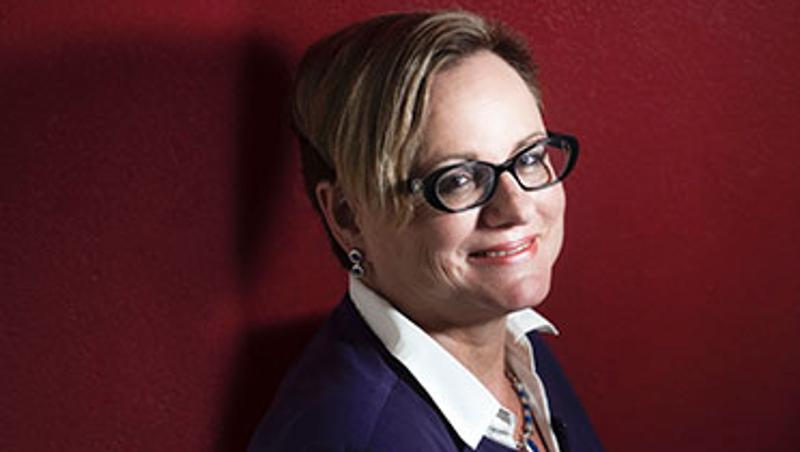
"Once a woman gets through the doors, she is safe," says QUT criminologist Professor Kerry Carrington who is calling for a trial of women-only police stations in Australia to help put a stop to violence against women.
The first women-only police station opened in Brazil in 1985 and the country now has 475 stations; they have spread throughout Latin America and from there to Africa, Asia and India.
Professor Carrington, head of QUT's School of Justice, investigated the key features and different models of women-only police stations in South America earlier this year.
"Women experiencing violence have all the services they need in the one place at these police stations," said Professor Carrington, who is presenting her findings at the National Policing Summit in Melbourne tomorrow (Wednesday, 5 August).
"Domestic and family violence account for a significant proportion of lethal violence in Australia and we have not been successful in reducing it. We need new tactics and to look around the world for systems that work.
"Women-only police stations must be trialled in Australia if we are serious about reducing the high rate of domestic and family violence in this country. In NSW alone 42 per cent of homicides in 2014 were due to domestic and family violence."
Professor Carrington said India now had hundreds of women-only stations, established in response to the gang rape and murder of a medical student in 2012 that shocked the country.
"Women-only police stations deal exclusively with female victims of domestic violence. They do employ male police officers but not on the front desk," she said.
"They are one-stop shops for these women as they are staffed by specially trained female police officers, psychologists, lawyers and social workers. The women are protected and do not need to go outside to access these other vital services.
"The officers prepare warrants, take testimony, interview suspects, witnesses and complainants, prepare police facts and briefs, and liaise with the prosecution branch."
Professor Carrington said a 2011 United Nations Women evaluation of women-only police stations found they worked to combat violence against women by:
•increasing women's willingness to report violence and seek help.
•lifting women's awareness about their rights and their options.
•increasing women's access to a range of other prevention and support services they needed to prevent further violence.
•protecting women and ensuring consequences such as a conviction for the perpetrator
•bringing about cultural change towards domestic violence.
"Women's reluctance to report at an ordinary station are many and complex but they include shame, embarrassment, and lack of information about rights or justice procedures," she said.
"Overall, 77 per cent of survey respondents in Brazil and Nicaragua, and 64 per cent in Ecuador felt that women-only police stations had contributed to a reduction in violence against women in their countries."
Media contact: Niki Widdowson, QUT media, 07 3138 2999 or n.widdowson@qut.edu.au


